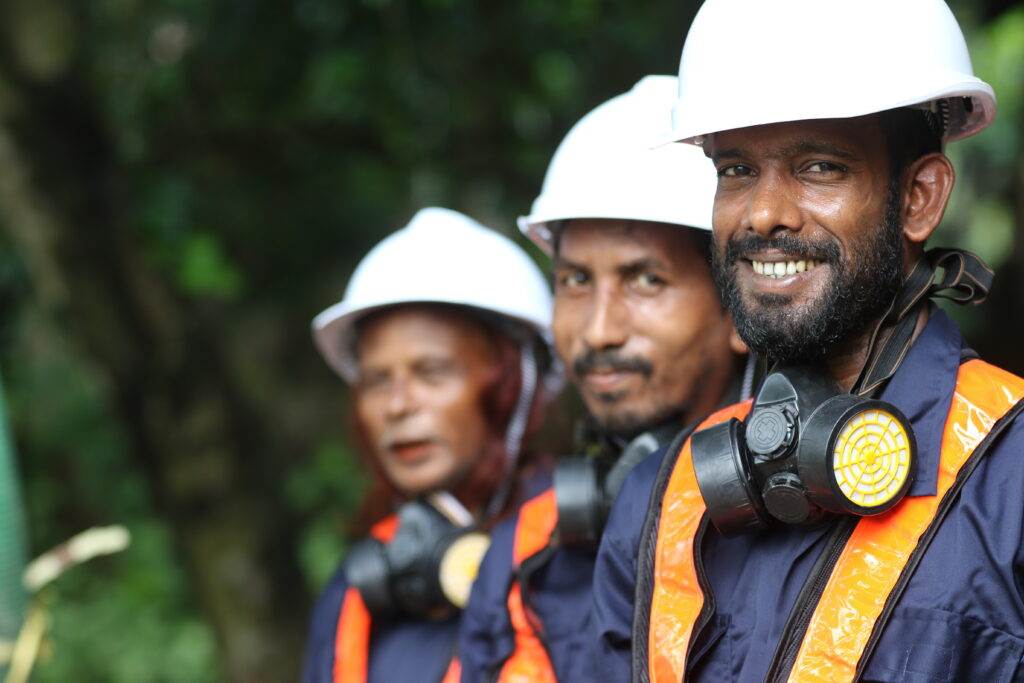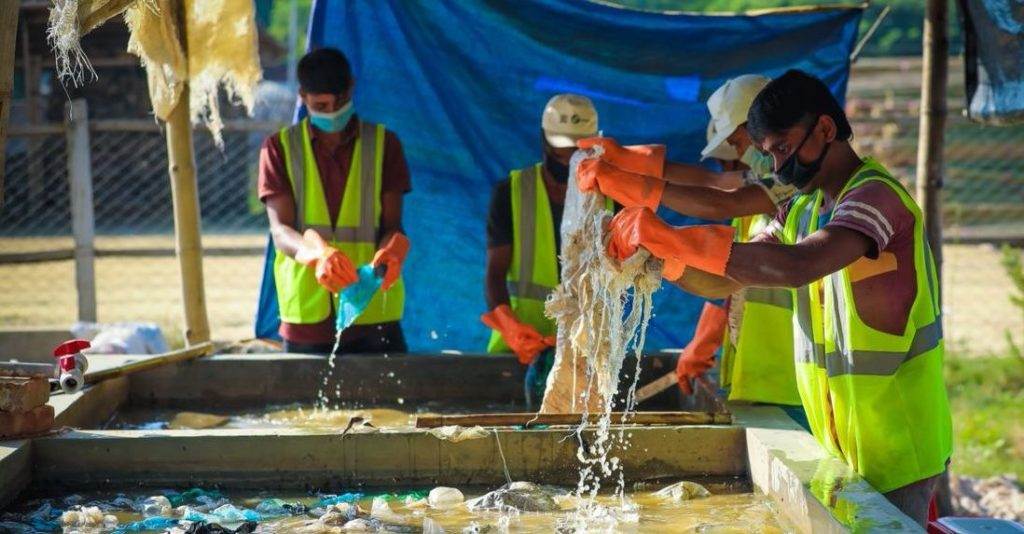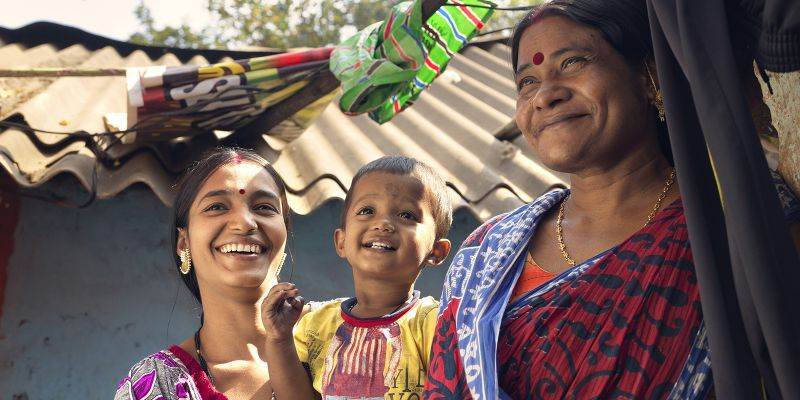Project Overview
Full title: Towards a dignified life for all sanitation workers in Bangladesh
Dates: 2014-2024
Location: Various urban centres in Bangladesh (Faridpur since 2014, expanding to Bagerhat, Barguna, Gazipur City, Kolaroa, Laksam, Magura, Meherpur, Rajbari and Satkhira in 2022).
Our role: Practical Action is collaborating with sanitary waste workers and the local authorities to transform the way faecal sludge is collected, processed and treated, and improve the health, safety and status of workers. We’re also working to change public attitudes towards those working in the toilet waste sector.
Participants: By 2022, we had reached 561,150 city residents. As the programme expands, we will work with 3,000 sanitation workers across 60 co-operatives, reaching 1.1 million people across 10 urban centres.
Project budget, Phase 1 & 2 (2014 – 2022): £2.75 million
Project budget, Phase 3 (2022 – 2024): £736,000
Theme: WASH and waste management
Lead donor: Bill & Melinda Gates Foundation









